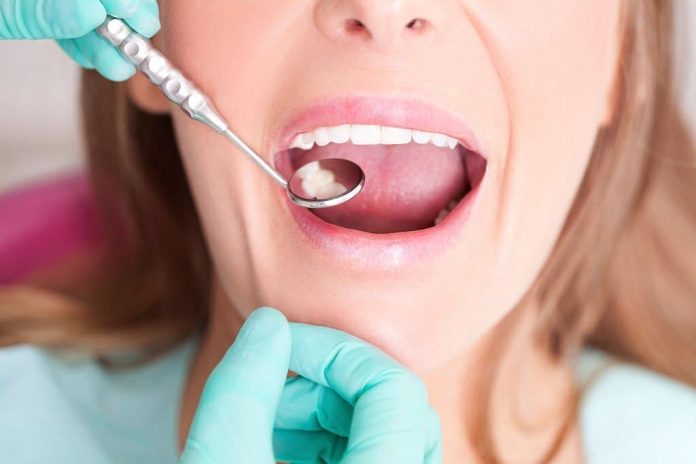Tooth decay occurs over a long period of time due to poor oral hygiene. When the teeth decay, it forms holes that are known as dental cavities.
Teeth have a hard enamel coating that protects the nerves and vessels below. When cavities form, it exposes the inner layers of the teeth, leading to a host of complications.
You can get tooth decay and cavities at any age and they are among some of the most common health problems across the world. If cavities are left untreated, they can result in toothache, severe pain, and infections.
Knowing the most common causes of tooth decay and cavities will make it easier to prevent them. Prevention is always preferred over treatment! If you can stop them from occurring in the first place, you can minimize future oral health problems or permanent damage to your teeth.
If your teeth decay past the point of return, you may need to get dental treatment. Chat with your dentist to discuss how to fix worn down teeth and the available treatment options if this is the case.
One of the best ways to prevent cavity formation is to practice great dental care. Flossing and brushing your teeth, and going for regular check-ups at the dentist will reduce the risk of your teeth decaying or developing cavities.
Common Causes of Tooth Decay
Here are six common causes of tooth decay.
1. Plaque Build Up
Plaque results from a build-up of bacteria, small particles of food, saliva, and acid. It forms over time and sticks to your teeth. If left untreated, plaque can harden and become very hard to remove.
The acid found in plaque can break down the enamel on your teeth, causing them to decay and weaken the teeth. You can remove plaque by brushing regularly, flossing in between your teeth, and avoiding sugary foods and drinks.
2. Nutritional Deficiencies and Eating Disorders
If an individual is deficient in certain nutrients, such as calcium, it can weaken the teeth and increase the risk of tooth decay. Nutrient deficiencies can result from digestive health conditions like indigestion or Crohn’s disease, or eating disorders, such as anorexia nervosa or bulimia nervosa.
In bulimia nervosa which is characterized by regular vomiting or purging, the stomach acid can increase enamel breakdown and tooth decay. Eating disorders can also reduce saliva production in the mouth, which can accelerate tooth decay.
3. Gastroesophageal reflux disease (GERD)
If somebody has gastroesophageal reflux disease (GERD), which is informally known as heartburn or acid reflux disease, it can increase the risk of enamel breakdown and tooth cavities.
GERD causes the stomach acid to travel up the windpipe and into the mouth, damaging the teeth and causing significant and often permanent tooth decay.
In most cases, acid reflux disease can be managed with medications that reduce the amount of acid that the stomach produces. Minimizing stomach acid production will protect the teeth and reduce digestive discomfort.
4. Dry Mouth
Saliva helps to break down food in your mouth and also plays a key role in counteracting the acid that is produced by bacteria in your mouth. When there isn’t enough saliva in the mouth, it can increase plaque formation and tooth decay.
Dry mouth can be caused by dehydration, eating disorders, diabetes, Alzheimer’s disease, HIV/AIDS, and certain medications, such as antidepressants, diuretics, and antihistamines.
To counteract dry mouth and reduce the risk of tooth decay, aim to drink more water throughout the day, avoid drinking alcohol, and consider using saliva substitutes or stimulants.
5. Not Getting Enough Fluoride
Fluoride is a mineral that we need to keep our teeth healthy and it can prevent or even reverse minor tooth decay. It’s often added to public water supplies, toothpastes, and mouthwash products for this reason.
To increase your fluoride intake, make sure to brush your teeth with fluoride toothpaste and use flouride mouthwash. You can also get fluoride supplements or request a fluoride treatment from your dentist. Drinking bottled or distilled water is another great way to bump up your fluoride intake.
6. Certain Foods and Drinks
Regularly snacking on high-sugar foods and drinks increases bacterial growth in your mouth and reduce saliva production. This accelerates tooth decay and wears down the tooth enamel.
Avoid snacking on sugary foods and drinks like cakes, cookies, ice cream, and candies, honey, and soda to reduce plaque build-up and oral health problems.




